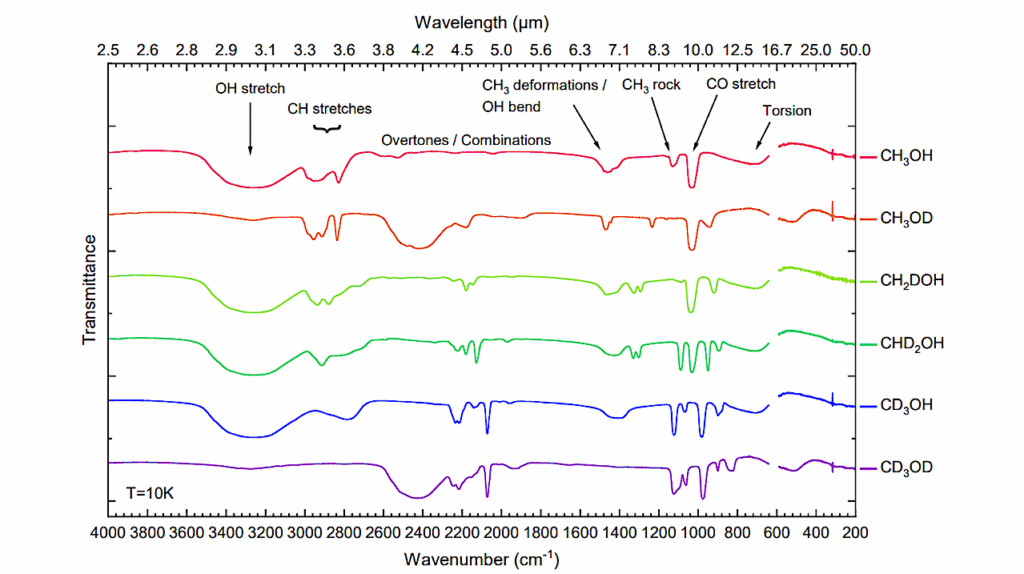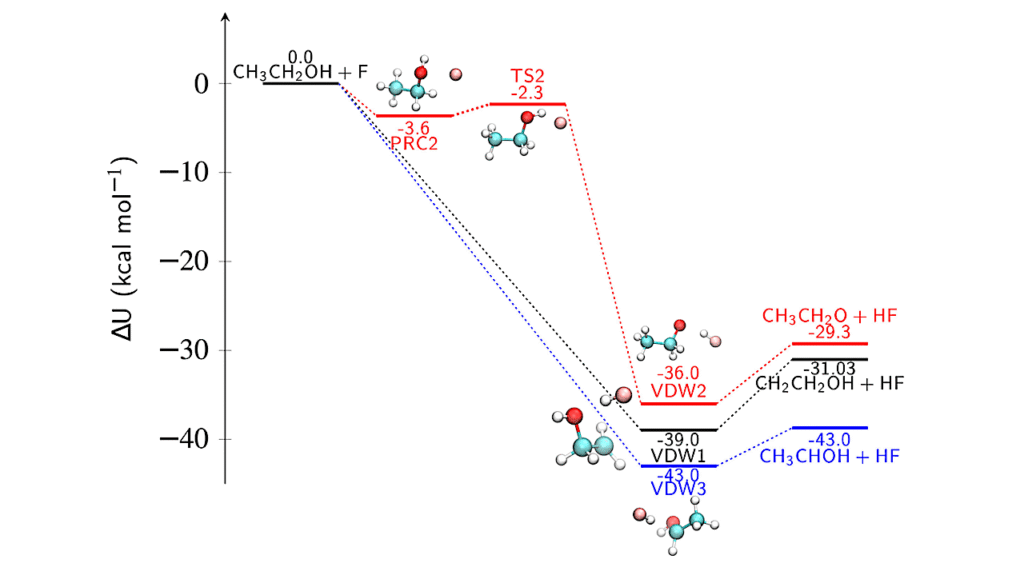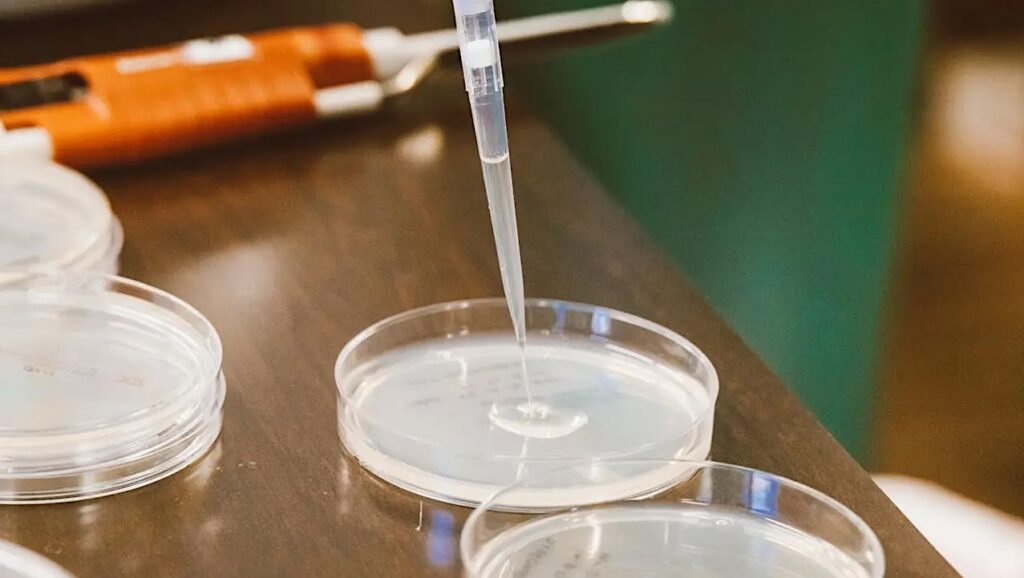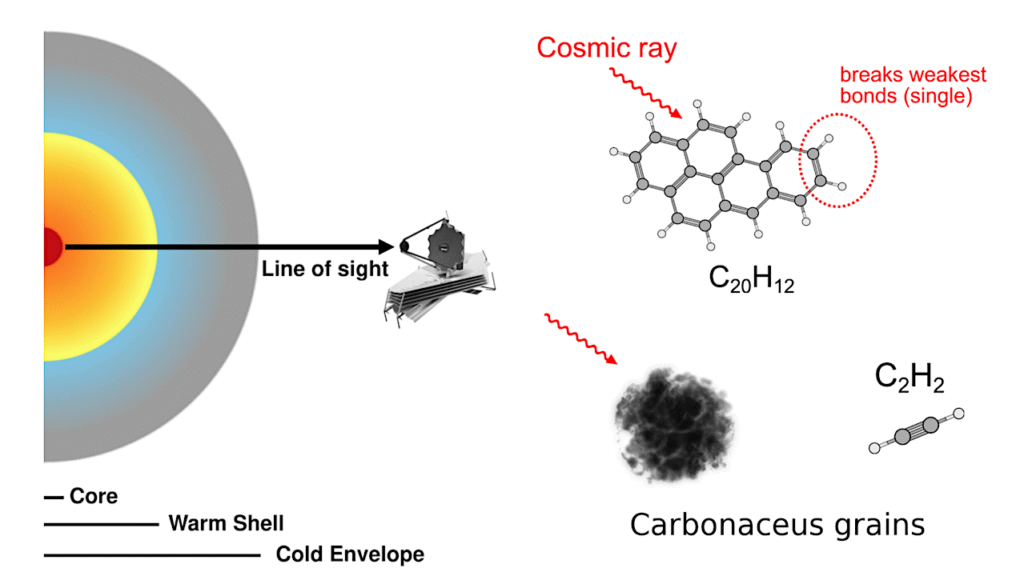Genomic Enumeration of Antibiotic Resistance in Space (GEARS) Completes Mission Operations
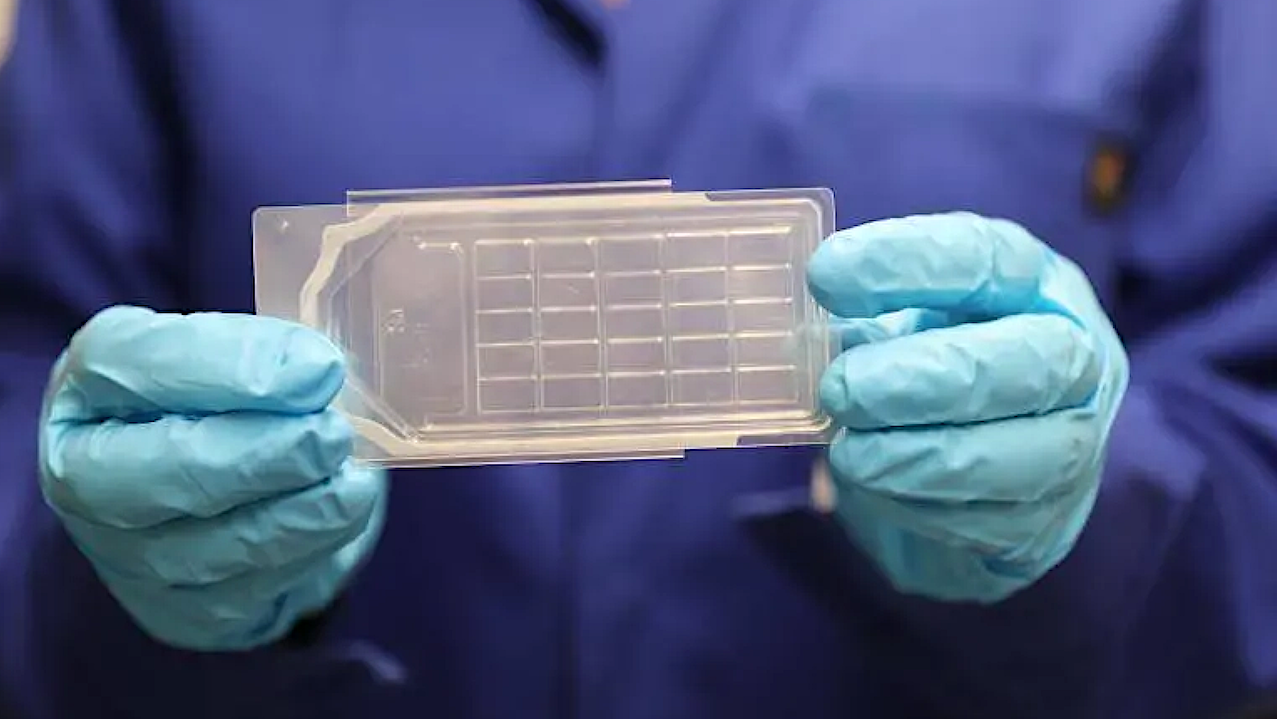
The Genomic Enumeration of Antibiotic Resistance in Space (GEARS) project successfully completed on-orbit genomic sequencing of microbes isolated from the ISS on April 29.
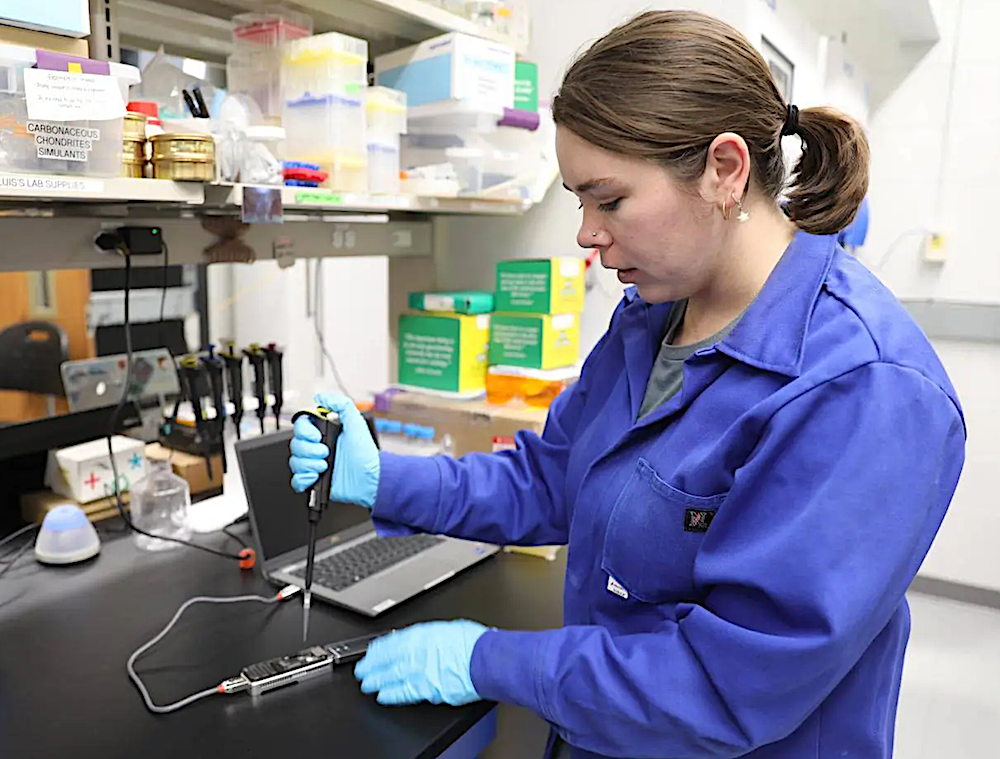
Georgia Tech Ph.D. student, Jordan McKaig, demonstrates how NASA astronauts onboard the International Space Station used the MinION sequencing device to identify bacteria genomes. Credit: Georgia Tech
All experiment slides were safely returned to Earth on SpaceX-30. The slides with the microbial samples from the GEARS spaceflight experiment were retrieved from the cold stow team and successfully transferred to the Johnson Space Center (JSC) Microbiology Laboratory on May 4.

The JSC team will work to subculture and identify all microorganisms present. The isolates will also be archived. Additionally, comparison of the returned plates to the photos obtained in-flight is in work (prior to crew manipulation of the colonies). The Co-Investigator team is conducting the preliminary screening of retrieval of bacteria.
GEARS is a series of four experiments that will survey the space station for antibiotic resistant organisms. On-board sequencing of isolates aims to show how these bacteria adapt to the space environment, providing knowledge that informs measures to protect astronauts on future long-duration missions.
Image: On-orbit sequencing of microbes isolated from the ISS for the GEARS mission.
Astrobiology


